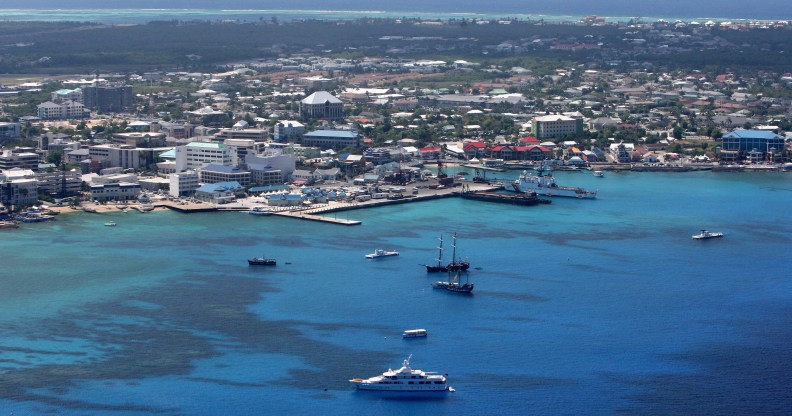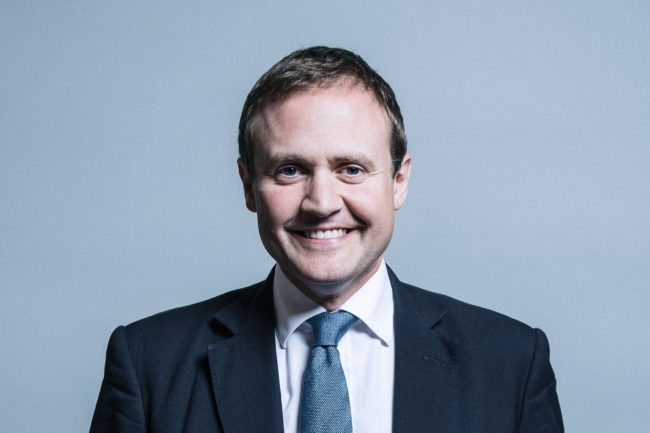Parliament report calls for equal marriage extension to British Overseas Territories

George Town in Grand Cayman, Cayman Islands, a British Overseas Territory (David Rogers/Getty)
A report from the UK Parliament’s foreign affairs committee has called on the government to extend equal marriage to the British Overseas Territories.
Although equal marriage was legalised in England and Wales in 2013, and Scotland in 2014, the laws did not automatically extend to the British Overseas Territories, which include Bermuda, the Falkland Islands and Gibraltar.
Five British Overseas Territories deny gay people the right to marry
Nine of the fourteen territories have since adopted marriage rights to gay couples, but five—Anguilla, British Virgin Islands, Cayman Islands, Montserrat and Turks and Caicos Islands—have not done so.
Seeking to address the inequality, the foreign affairs select committee asked the elected leaders of the five remaining territories whether they would introduce equal marriage, but none would commit to doing so.
In a report published Thursday (February 21), the committee described the situation as unsustainable, and called on the UK government to intervene to secure equality.

Conservative MP Tom Tugendhat.
The influential committee, chaired by Tory MP Tom Tugendhat, said: “It is time for all Overseas Territories to legalise same-sex marriage and for the UK Government to do more than simply support it in principle.
“It must be prepared to step in, as it did in 2001 when an Order in Council decriminalised homosexuality in Overseas Territories that had refused to do so.”
The report suggests that the government should “set a date” for the remaining territories to have legalised same-sex marriage, after which time “the Government should intervene through legislation.”
The call was welcomed by LGBT+ and human rights campaigners.
equal marriage stance ‘must also apply’ to Northern Ireland, campaigners say
Amnesty International called on the government to apply the same principle to Northern Ireland, a region of the UK that does not have same-sex marriage.
Northern Ireland currently has no devolved government due to a long-running political crisis, but the UK government has refused to agree a settlement on the issue.
Patrick Corrigan, Northern Ireland Programme Director of Amnesty International, said: “The foreign affairs committee has rightly noted that the lack of same-sex marriage is problematic to the point of being a source of friction between the UK and British Overseas Territories.
“This should be urgently addressed, either by the Territories themselves or the UK government.
“But the UK government and Parliament are in a weak position as long as a ban on same-sex marriage continues within the UK – namely, in Northern Ireland.”
Corrigan added: “The Government should first end discrimination against LGBT+ people within the UK and will then be in a stronger position of moral authority to deliver marriage equality overseas.
“We call on the Government to extend legislation for same-sex marriage to Northern Ireland without further delay.”

